Qatar, June 24 (V7N) – Following recent Iranian missile strikes targeting U.S. military bases in Qatar and Iraq, several Gulf nations—including Kuwait, Bahrain, and the United Arab Emirates—temporarily closed their airspace as a precautionary measure. However, all three countries have now officially reopened their skies, signaling a gradual return to normal air traffic operations in the region.
According to reports from state-run media outlets in Kuwait and Bahrain, both nations have resumed full airspace operations. The initial closures had been enacted in response to escalating regional tensions and fears of potential spillover from the Iranian attacks.
Shortly after the missile strikes, Qatar had closed its airspace, particularly over zones near the Al Udeid Air Base, which hosts the largest U.S. military presence in the Middle East. Although no casualties were reported, the attack raised alarms across the Gulf region and led to immediate aviation safety responses.
The United Arab Emirates also took swift action by suspending operations at several of its major airports, including those in Dubai and Abu Dhabi. In a statement released earlier today, UAE aviation authorities confirmed that airport operations have now resumed and that all commercial air routes are being gradually restored.
"The reopening of airspace is being carried out with utmost coordination and constant monitoring of regional security developments," an Emirati official told Al Arabiya News.
Airlines across the region have begun adjusting schedules and re-routing flights through reopened corridors, though some delays and cancellations persist due to ongoing safety assessments.
The decision to resume air travel operations comes amid cautious optimism that the situation, while still tense, may not escalate further. However, aviation authorities in the Gulf have indicated that they remain on high alert and are prepared to respond swiftly should security conditions deteriorate again.
Observers note that the temporary airspace closures highlight the broader risks posed to civilian infrastructure amid military confrontations, underscoring the vulnerability of vital transport and logistics networks in the region.
As diplomatic efforts continue to contain the crisis, regional air traffic is expected to normalize over the coming days—provided no new hostilities emerge.
END/WD/AJ/






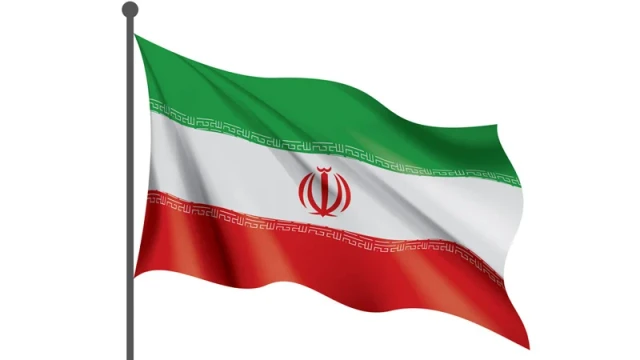





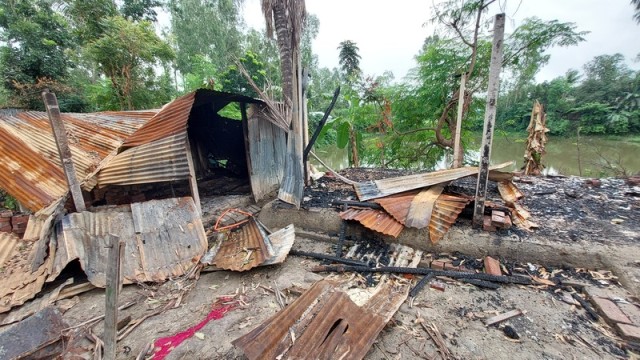




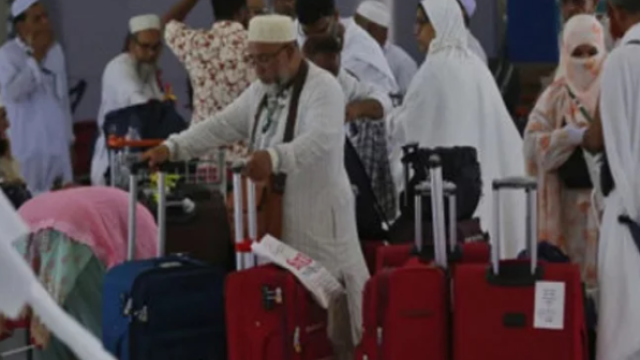


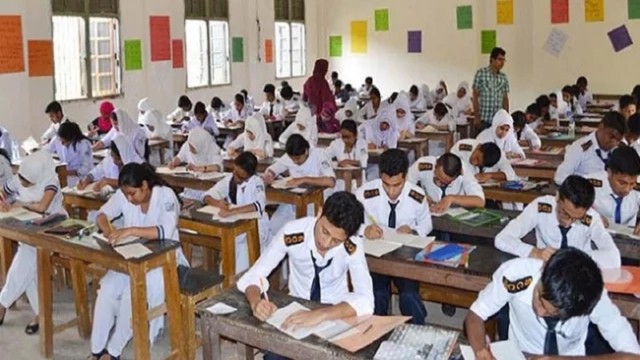

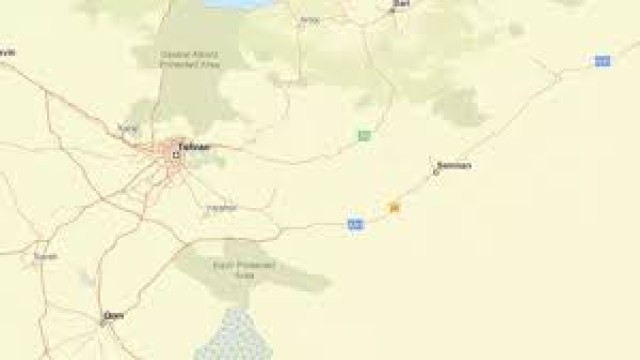

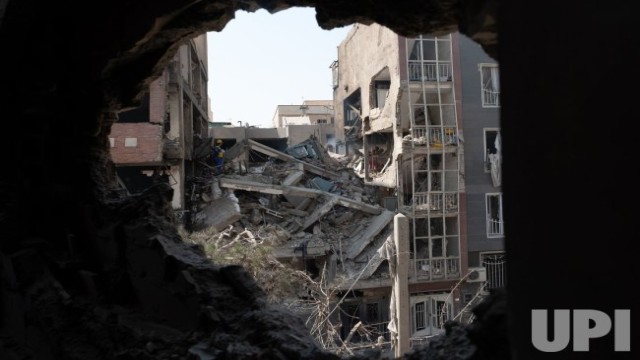

Comment: